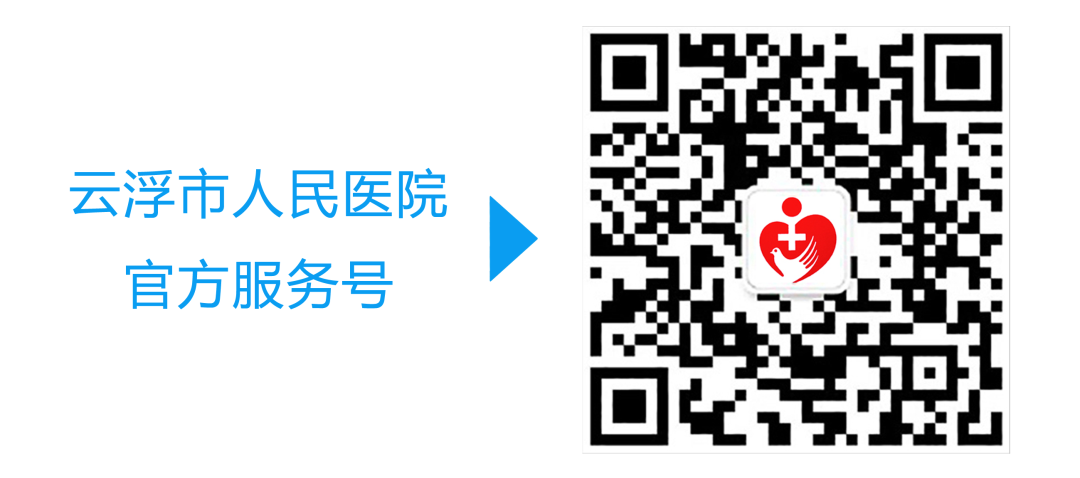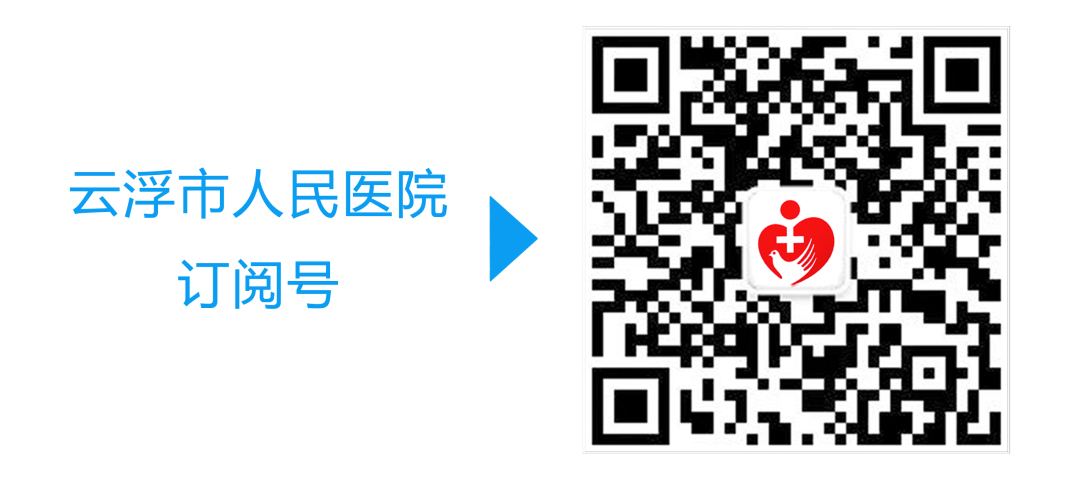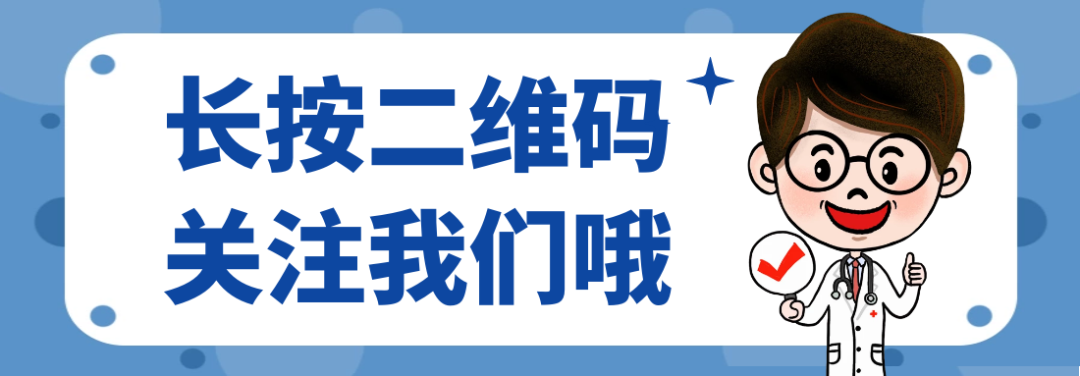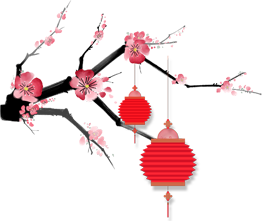
 Medicinal Cuisine
Medicinal Cuisine
Food is the source of life, and nourishment is paramount.
Medicinal cuisine refers to dishes that are both food and medicine, made from ingredients that have nourishing, health-promoting, or therapeutic properties, carefully prepared by chefs.
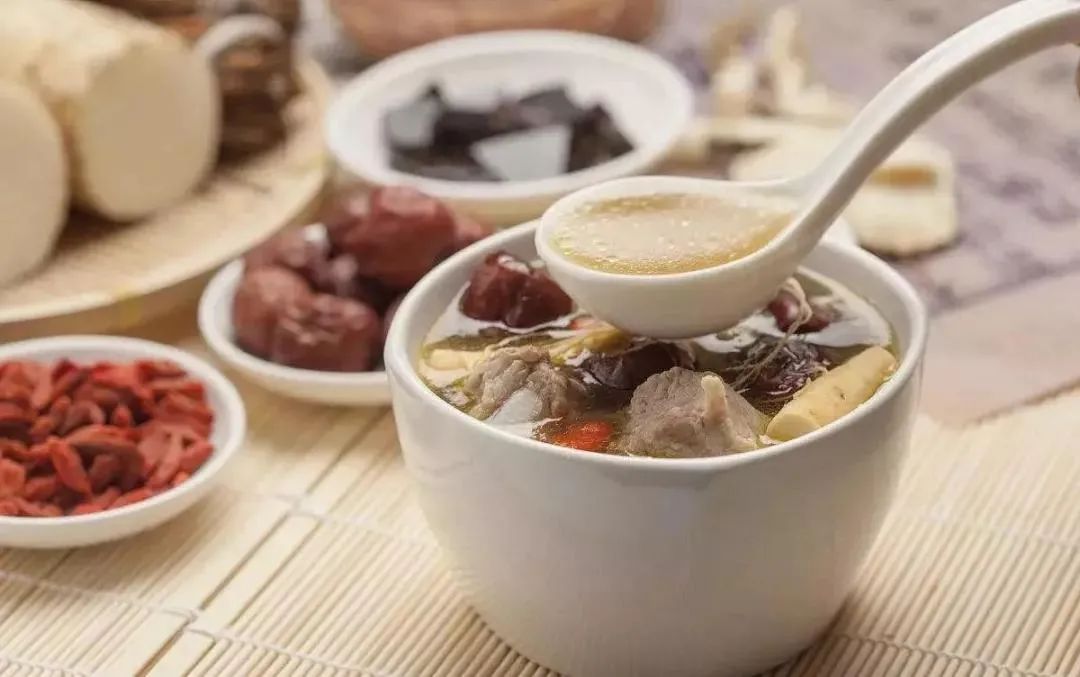
Image source: Internet
The tradition of medicinal cuisine in China has a long history. The ancient legend of “Shennong tasting hundreds of herbs” reflects that as early as ancient times, the Chinese people began to explore the effects of food and medicine, hence the saying “food and medicine share the same source”.
Medicinal cuisine is a treasure in the repository of traditional Chinese medicine (TCM) and a pearl in traditional dishes. It has the dual functions of food and medicine: utilizing the properties of medicinal herbs while enjoying the flavors of food, allowing food to enhance the medicinal effects and vice versa, achieving the goals of nutrition, health maintenance, and disease prevention and treatment. It is a unique food therapy in China.
Medicinal cuisine is not merely a simple combination of food and Chinese medicine; it is a special food crafted under the guidance of TCM dialectical dietary theory, combining herbs, food, and seasonings, which possesses both medicinal efficacy and culinary delight, used for disease prevention, treatment, and health enhancement. It embodies the integration of traditional medical knowledge and culinary experience.
Medicinal cuisine has various health benefits, including health maintenance and disease prevention, but it should follow certain principles in application. Medicinal herbs are primarily for treating diseases and act quickly, while medicinal cuisine is often used for health maintenance and disease prevention, acting more slowly and focusing on nourishment and prevention.
Medicinal cuisine plays an important role in health maintenance, wellness, and rehabilitation, but it cannot replace medicinal therapies. Each has its strengths and weaknesses, and appropriate methods should be chosen based on specific populations and conditions, avoiding misuse.
 Using Ingredients Based on Patterns
Using Ingredients Based on Patterns
In TCM, treatment is based on pattern differentiation, and the application of medicinal cuisine should also be based on this principle. For example, patients with blood deficiency often use blood-nourishing foods like jujube (Da Zao) and peanuts, while those with yin deficiency may use goji berries (Gou Qi Zi), lily bulbs (Bai He), and ophiopogon (Mai Dong). Only by using ingredients according to the pattern can the health benefits of medicinal cuisine be realized.
 Seasonal Variations
Seasonal Variations
TCM believes that humans correspond with the cycles of nature, and the operation of the organs and qi-blood is closely related to the changes in the climate. “Use cold to counter cold, and heat to counter heat” means that when using cold-natured herbs, one should avoid cold winter, and when using warm-natured herbs, one should avoid hot summer. This principle also applies to medicinal cuisine.
 Individual Considerations
Individual Considerations
Different individuals have different constitutions and ages, and the choice of medicinal cuisine should also vary. For example, children have delicate constitutions and should avoid extreme cold or heat in their ingredients, while the elderly often have liver and kidney deficiencies and should avoid warming and drying herbs. Pregnant women should avoid blood-moving and stasis-removing ingredients to prevent miscarriage. These considerations are important in medicinal cuisine.
 Regional Differences
Regional Differences
Different regions have varying climatic conditions and lifestyles, which also affect physiological and pathological changes in the body. Some areas are humid and consume more warming and spicy foods, while others are cold and consume more warming and greasy foods. In contrast, southern regions like Guangdong prefer lighter and cooler foods. The same principle applies when selecting ingredients for medicinal cuisine.

 Seasonal Health Recommendations for Medicinal Cuisine
Seasonal Health Recommendations for Medicinal Cuisine

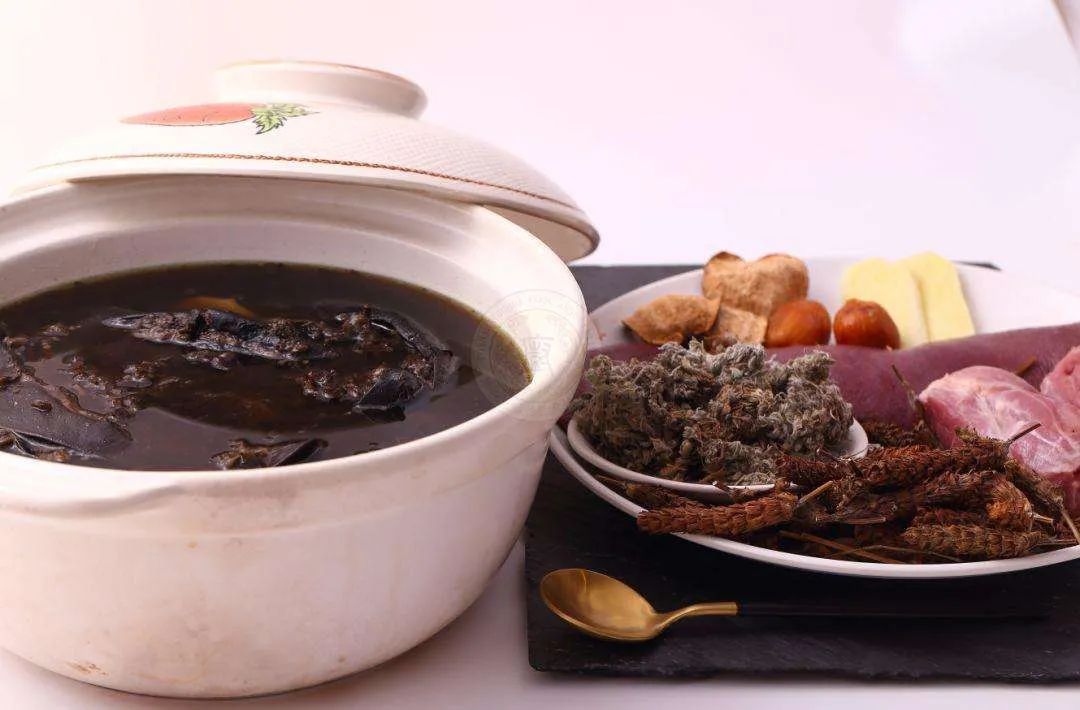
Spring: Mian Yin Chen Liver Protection Soup Effect: Mian Yin Chen (Mian Yin Chen), with a bitter and slightly cold taste, can clear heat, promote urination, and reduce jaundice. This soup combines Mian Yin Chen with digestive pork belly, Chen Pi (Chen Pi), ginger, and honey dates, suitable for those with damp-heat constitutions who experience dry mouth, bitter taste, yellow urine, and those who feel heavy with dampness and prone to colds in spring.
Tip: For those with spleen and stomach deficiency and cold, increase the amount of Chen Pi and ginger, or add fried lentils to enhance dampness removal.
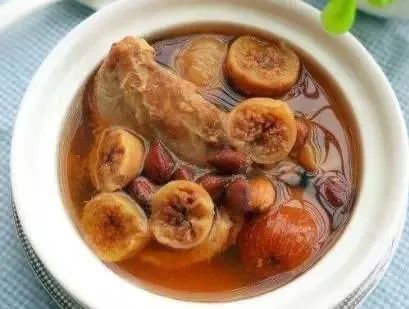
Summer: Fig and South Apricot Stewed Lean Meat
Effect: Fig (Wu Hua Guo) combined with slightly sweet South apricot (Nan Xing Ren) creates a soup that moistens the lungs, stops cough, and promotes bowel movements. It is particularly suitable for those who experience symptoms of “thirst that water cannot quench, irritability that air conditioning cannot relieve, and constipation” after excessive heat exposure and sweating in summer.
Tip: Those with weak spleen and stomach should eat less.
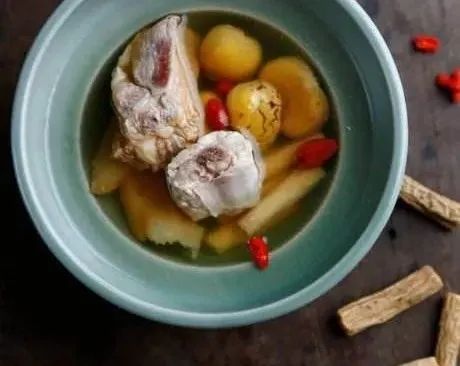
Autumn: Chestnut, Yuzhu, and Codonopsis Root Rib Soup
Effect: Chestnut (Li Zhi) nourishes the stomach and strengthens the spleen, and combined with Codonopsis (Dang Shen) to nourish the liver and lungs while clearing deficiency heat, and Yuzhu (Yu Zhu) to tonify qi and moisten the lungs, it can alleviate symptoms such as dry throat, cough, dry mouth and nose, itchy skin, constipation, and lower back pain. It is suitable for those who stay up late, smokers, and the general public for autumn health maintenance.
Tip: Those with wind-cold cough and throat discomfort should avoid this.
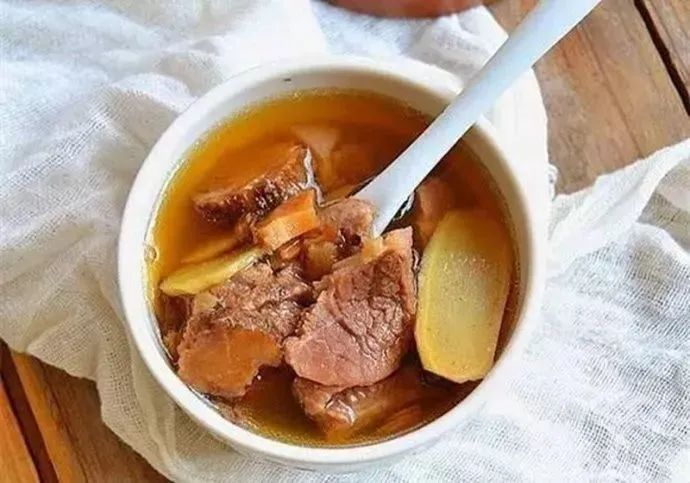
Winter: Angelica and Lamb Ginger Soup Effect: Lamb (Yang Rou) is warm in nature and sweet in taste, warming and tonifying the spleen and stomach, suitable for treating symptoms such as nausea, thin physique, and cold intolerance due to spleen and stomach deficiency; it can also warm and tonify the liver and kidneys, treating symptoms like lower back pain and coldness due to kidney yang deficiency. Combined with Angelica (Dang Gui), which nourishes and invigorates the blood, it is especially suitable for those who are cold-sensitive, have cold hands and feet, and are weak.
Tip: This dish focuses on warming and tonifying; those with dry mouth, bitter taste, constipation, and thick yellow tongue coating should avoid it.
Currently, the Yufeng City People’s Hospital has launched a medicinal cuisine service for the public, which is a TCM dietary service developed by the hospital’s TCM team in collaboration with experts from within and outside the province, in conjunction with the cafeteria. By consuming medicinal cuisine during different solar terms, it aims to adjust the constitution and improve public health, forming an important part of the hospital’s TCM cultural construction.
Introduction to the TCM Department
The TCM Department of Yufeng City People’s Hospital is a specialty department of green medicine, with three secondary departments: acupuncture and massage, TCM internal medicine, and TCM orthopedics, as well as one TCM inpatient ward. Yufeng City People’s Hospital is a national demonstration unit for TCM work in comprehensive hospitals, and the acupuncture department is a key specialty in Yufeng City, recognized by the Guangdong Provincial TCM Bureau as a key construction specialty during the 13th Five-Year Plan, responsible for hosting the “Second Batch of Famous TCM Inheritance Projects in Guangdong Province” and the “Famous TCM Studio” construction project.
Currently implemented TCM suitable technologies:Acupuncture therapy (including body acupuncture, scalp acupuncture, abdominal acupuncture, wrist and ankle acupuncture, electro-acupuncture, fire acupuncture, floating acupuncture, plum blossom needle therapy, etc.), moxibustion (including moxa stick moxibustion, warm needle moxibustion, fire dragon moxibustion, sky moxibustion, etc.), cupping therapy (including retained cupping, flash cupping, moving cupping, fire dragon cupping, etc.), acupoint injection therapy, acupoint embedding therapy, acupoint plaster therapy, decoction and paste preparation, Chinese herbal fumigation therapy, small needle knife therapy, ironing therapy, gua sha therapy, magnetic heat therapy, bloodletting therapy, tui na therapy, manual reduction therapy, traction therapy (including lumbar traction therapy, Long’s cervical traction therapy), shortwave therapy, medium-frequency pulse therapy, ultrasound therapy, TCM constitution identification, cerebral palsy limb comprehensive training, joint mobilization training, pediatric spine kneading, acupuncture exercise therapy, speech training, cognitive training, sensory integration training, auditory integration language training, guided educational training, etc.
Main treated diseases:
Orthopedic and neurological diseases: cervical spondylosis, stiff neck, shoulder periarthritis, cervical shoulder syndrome, tennis elbow, spinal joint dysfunction, acute lumbar sprain, chronic lumbar muscle strain, lumbar disc herniation, degenerative knee arthritis, soft tissue injuries, sports injuries, nerve injuries, sports fatigue, bone hyperplasia, rheumatoid arthritis, facial paralysis, stroke sequelae, etc.
Internal medicine diseases: headache, dizziness, insomnia, cold, fever, cough, vomiting, hiccups, diarrhea, constipation, acute and chronic gastroenteritis, chronic fatigue syndrome, sub-health status, obesity, etc.
Gynecological diseases: dysmenorrhea, irregular menstruation, amenorrhea, metrorrhagia, leukorrhea, menopausal syndrome, pelvic inflammatory disease, mastitis, threatened abortion, postpartum urinary retention, postpartum intrauterine residue, etc.
Pediatric diseases: pediatric cerebral palsy, developmental delay, muscle tone disorders, pediatric cough, pediatric malnutrition, anorexia, indigestion, enuresis, muscular torticollis, etc., treated with TCM and rehabilitation therapy.
Otorhinolaryngological, dermatological, and surgical diseases: temporomandibular joint dysfunction, tinnitus, deafness, allergic rhinitis, toothache, sore throat, alopecia areata, acne, herpes zoster, skin itching, breast hyperplasia, etc.
Among these, cervical spondylosis, stroke limb paralysis, lumbar disc herniation, shoulder periarthritis, and facial paralysis are the diseases with the best therapeutic effects in the department, especially acupuncture therapy has unique effects on these diseases.
Expert Introduction
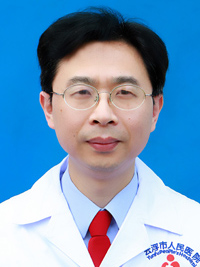
Wang Weiming, Chief Physician of TCM Acupuncture, Executive Director of the Guangdong Provincial Acupuncture Society, Vice Chairman of the Acupuncture and Medicine Combination Professional Committee of the Guangdong Provincial Acupuncture Society. He has a bachelor’s degree and has been engaged in clinical TCM acupuncture for over thirty years.
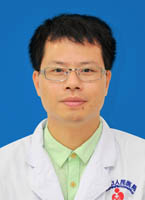
Pan Xiaoming, Deputy Director of the TCM Department, Chief Physician of Integrated Traditional and Western Medicine, inheritor of the Guangdong Provincial Famous TCM Inheritance Project, member of the Comprehensive Hospital TCM Work Committee of the Chinese Association of Traditional Chinese Medicine, member of the Neurology Committee of the Guangdong Provincial Integrated Traditional and Western Medicine Association, member of the Comprehensive Hospital TCM Committee, member of the Chronic Obstructive Pulmonary Disease Society, and member of the Chinese Medicine Committee.

Source | TCM Department
Initial Review | Hospital Office
Approved | Party Committee Office

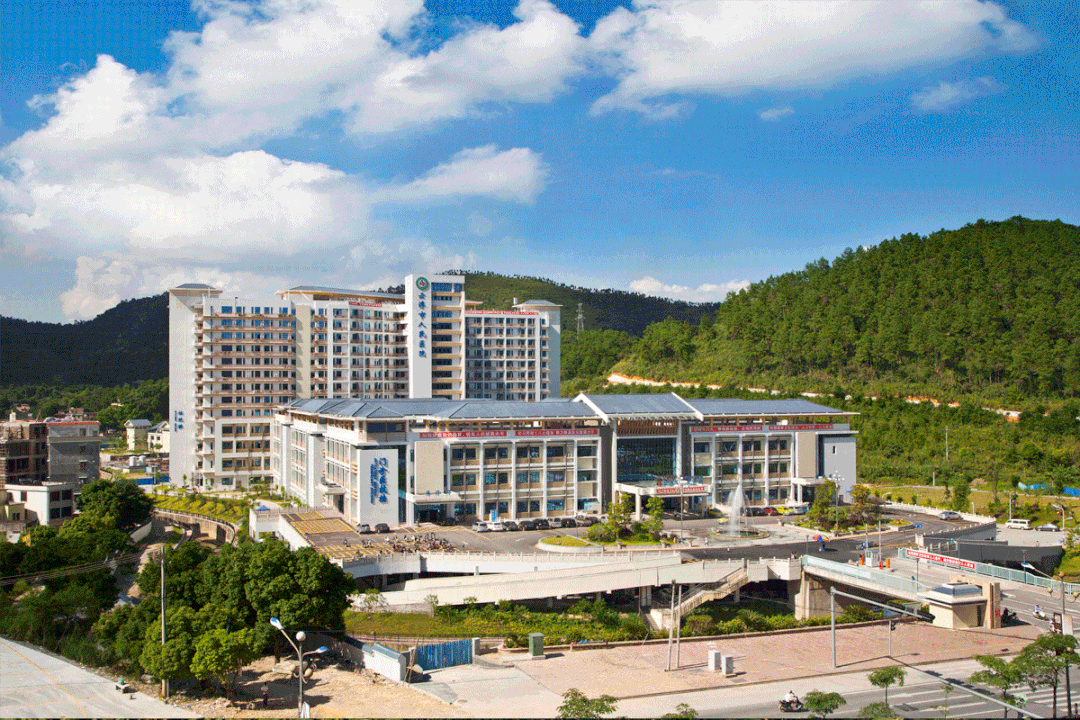
Unity | Love for the Hospital | Quality | Dedication | Struggle | Innovation
